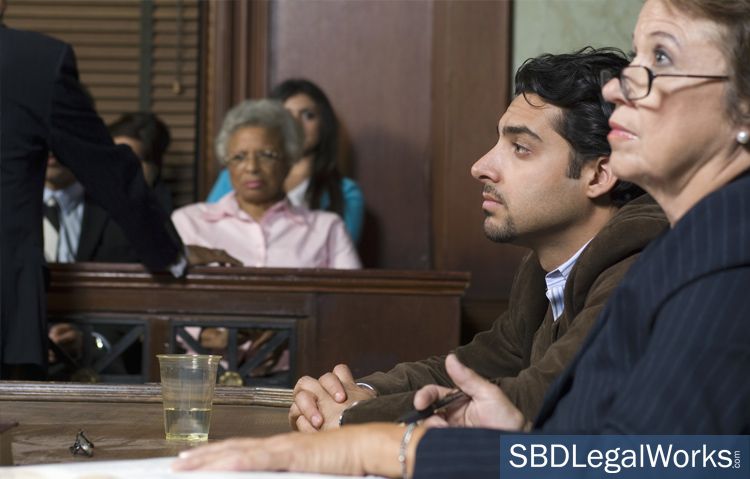
Your worst nightmare is unfolding. You’ve been accused of a crime you didn’t commit. The decision you make on legal representation may well decide the course of the remainder of your life. To say the least, you want to get it right.
An attorney’s resume will tell you a lot. Personal recommendations will certainly go a long way. But you also want to go a level deeper and really understand the person entrusted with protecting your freedom. These are the 5 criminal defense lawyer traits you want to see.
Work ethic
Everyone that lives and works outside the legal system has had their view of defense attorneys molded by legal dramas in television and film. The successful lawyers there are often flashy, able to dazzle with their words and wow audiences with their charisma. Those are fine traits. In the real world, they must be built on a strong work ethic.
A criminal case in the real world doesn’t move along at a pace suited for television. In fact, it can be grinding, slow and—dare we say—flat-out boring. Your lawyer will need to be one who thrives on digging into the hard work and details that come with their profession. That means persistence, discipline and a studious approach to the law.
Research skills
Research is the bane of most lawyers’ existences, and the willingness to dig in and do it separates the great ones from the mediocre. Your case may involve piles of documents. It may require knowledge of a law’s nuance—this is especially true in securities cases and other matters of financial fraud.
Your lawyer also needs to know what type of sentence the prosecution has a realistic chance of getting, in order to negotiate during the plea-bargaining process. That means an extensive knowledge of similar cases and sentences.
Negotiating skills
Most criminal cases are settled out of court and never get before a jury. Presuming your lawyer has done their homework, now is when they need some of that savvy the best TV lawyers bring. Part of negotiating any plea-bargain means knowing your own risk tolerance. Even if you’re innocent, you might accept a smaller sentence in the interest of avoiding the stress that a jury trial would bring down on you and your family.
Courtroom presence
That presence you see from lawyers like Jack McCoy on television is still required, even if it will play out differently than on television. Lawyers are typically seated through most of a trial and not making dramatic gestures to the jury. But they still need to communicate in a way that makes them firm with the judge and the prosecutor, yet likable to the jury.
Strong belief in due process
You don’t want to hear this, but your lawyer might, deep down, suspect that you’re guilty as charged. Or, at the very least, not be convinced of your innocence. Believe it or not, a zealous belief in your righteousness is not strictly necessary to do their job really well.
What is necessary is the absolute conviction in due process—that everyone is entitled to both a fair jury trial and a rigorous defense of their interests at trial. If your lawyer believes that, they’ll have the conviction necessary to defend you and the personal detachment that can help in making clear-headed decisions regarding your defense.